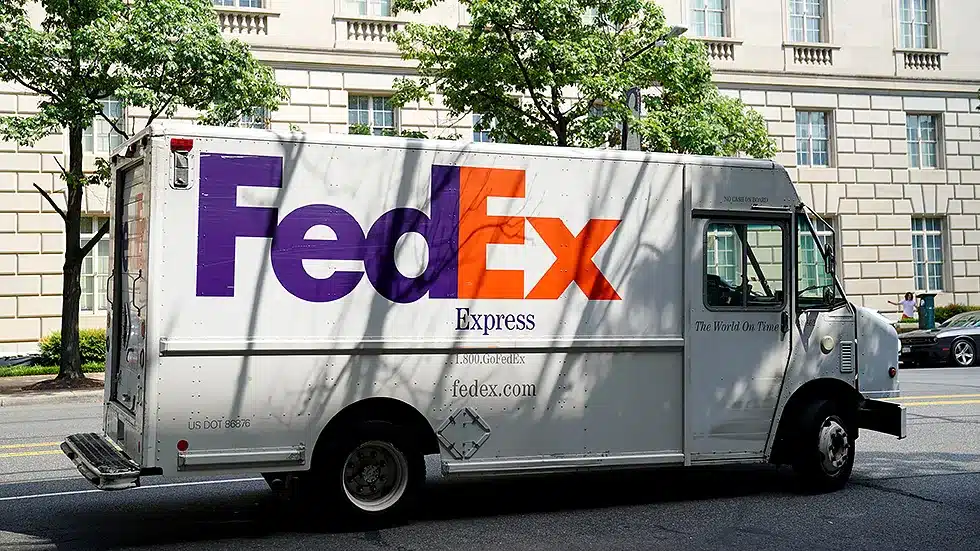
Objections in a Personal Injury Case
Objections are formal protests made during legal proceedings to challenge the admissibility of evidence, the appropriateness of questions, or procedural issues. In personal injury cases, objections are a critical part of trial strategy, helping attorneys protect their clients’ rights by ensuring that only fair and legally permissible evidence is presented. When an objection is raised, the judge decides whether to “sustain” (agree with) or “overrule” (disagree with) the objection. At 770GoodLaw, we help clients understand how objections impact their case, ensuring that their legal rights are preserved throughout the trial process.
Types of Objections in Personal Injury Cases
Objections can arise for various reasons, each aimed at upholding legal standards and maintaining the integrity of the trial. Common types of objections in personal injury cases include:
- Relevance Objection: Attorneys may object to evidence or testimony if it is not directly related to the case. For example, unrelated past injuries or events may be deemed irrelevant to the current personal injury claim.
- Hearsay Objection: Hearsay is an out-of-court statement made by someone other than the testifying witness, offered as evidence of the truth. Hearsay is generally inadmissible, though there are exceptions, such as statements made under stress or in official records.
- Speculation Objection: This objection occurs when a witness is asked to speculate or guess about something outside their direct knowledge. For instance, a witness cannot speculate on another person’s intentions or mental state.
- Leading Question Objection: Leading questions suggest the answer within the question itself and are typically not allowed during direct examination. Attorneys may object to leading questions as they can influence the witness’s response.
- Foundation Objection: If evidence or testimony is presented without establishing the necessary background or foundation, an attorney may object. This ensures that the court has context for understanding the evidence.
- Improper Character Evidence: Character evidence that paints the plaintiff or defendant in a certain light unrelated to the case at hand may be objected to if it is prejudicial and not relevant to the facts of the case.
- Opinion Objection: Unless they are qualified as experts, witnesses are generally not allowed to give opinions on matters outside their personal knowledge. Objections to opinion testimony protect against unqualified opinions.
Purpose of Objections in Personal Injury Trials
Objections serve essential functions in personal injury trials, protecting the rights of both parties and ensuring a fair proceeding. Key purposes of objections include:
-
Maintaining Fairness: Objections prevent improper evidence or questions that could unfairly influence the jury’s perception of the case.
-
Enforcing Legal Standards: By objecting, attorneys ensure that the court adheres to legal rules on evidence and witness examination.
-
Clarifying Admissible Evidence: Objections help filter out unreliable or prejudicial information, ensuring that only relevant, reliable evidence informs the court’s decision.
-
Preserving Appeals Rights: Raising objections on the record can preserve issues for appeal, allowing a higher court to review potential errors in the original trial.
How Judges Respond to Objections
When an attorney raises an objection, the judge must make an immediate ruling. The judge’s response impacts whether the evidence or testimony in question is allowed to proceed. Common responses include:
-
Sustained: If the judge agrees with the objection, the evidence or question is excluded, and the opposing attorney must move to a new line of questioning.
-
Overruled: If the judge disagrees with the objection, the evidence or question is allowed, and the trial continues as usual.
-
Curative Instructions: In cases where prejudicial information has been presented, the judge may provide instructions to the jury to disregard the statement or evidence in question.
Examples of How Objections Affect Personal Injury Cases
Objections can significantly influence the flow and outcome of a personal injury case by shaping the evidence presented. Common examples include:
- Excluding Prejudicial Evidence: If the defendant’s attorney tries to introduce irrelevant or prejudicial information about the plaintiff’s past, an objection may prevent this from influencing the jury.
- Controlling Witness Testimony: Objections to leading questions prevent witnesses from being steered in a particular direction, ensuring that testimony reflects their own knowledge and experience.
- Protecting Plaintiff’s Reputation: Objections to character evidence can help prevent unwarranted attacks on the plaintiff’s character that may bias the jury.
- Challenging Speculative Testimony: Objections to speculation protect against unfounded claims about the cause of the plaintiff’s injury, focusing on facts rather than guesses.
How 770GoodLaw Assists Clients with Objections in Personal Injury Cases
At 770GoodLaw, we understand the impact that objections have on the outcome of a personal injury case. Our attorneys are skilled in raising timely objections, ensuring that only fair and relevant evidence is presented in court. Our approach includes:
- Developing a Strong Trial Strategy: We identify potential areas for objection before trial, preparing to address any unfair or improper evidence that may arise.
- Objecting to Inadmissible Evidence: Our attorneys monitor the opposing side’s questions and evidence closely, raising objections to protect our clients’ rights.
- Preserving Appeals Options: We raise objections on the record when necessary, preserving our clients’ rights to appeal if there are grounds for review.
- Educating Clients on the Process: We guide our clients through the objection process, explaining how it protects their case and maintains fairness.
Importance of Legal Representation in Navigating Objections
Understanding and utilizing objections effectively requires legal knowledge and experience. Skilled legal representation ensures that clients’ cases are protected from unfair practices and that inadmissible evidence does not affect the outcome. At 770GoodLaw, we provide experienced advocacy, using objections strategically to safeguard our clients’ rights and maximize their chances of a favorable outcome.
Why Choose 770GoodLaw for Personal Injury Cases Involving Objections
Our commitment to Relentless Reliability and Sincetegrity drives us to provide meticulous representation for clients in personal injury cases. At 770GoodLaw, we work to ensure that our clients receive a fair trial by raising appropriate objections and preserving their rights.






